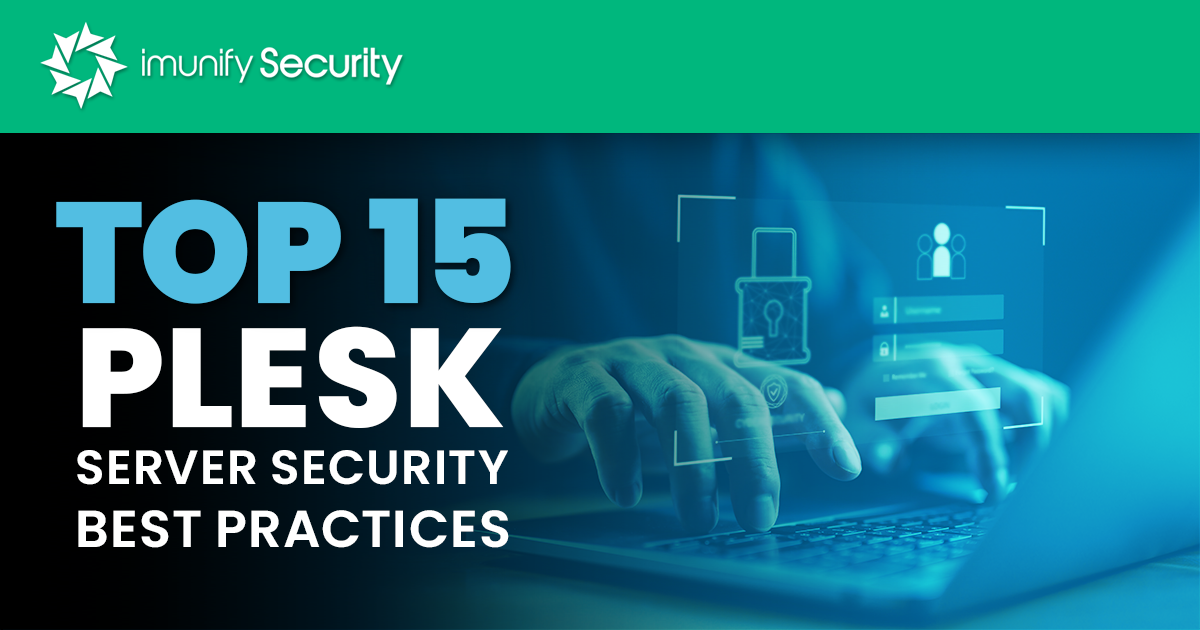
If you don’t use cPanel, you probably use Plesk, as it’s one of the most common hosting platforms on the market. Similar to cPanel, hackers target hosting platforms to gain high-privilege access to web applications and server resources. Plesk has several security extensions that will help harden the protection of sites, but relying on simple extensions without following best practices could still leave your site and the main Plesk master account vulnerable to malware and exploits. In this article, you will learn about Plesk and discover Plesk security best practices:
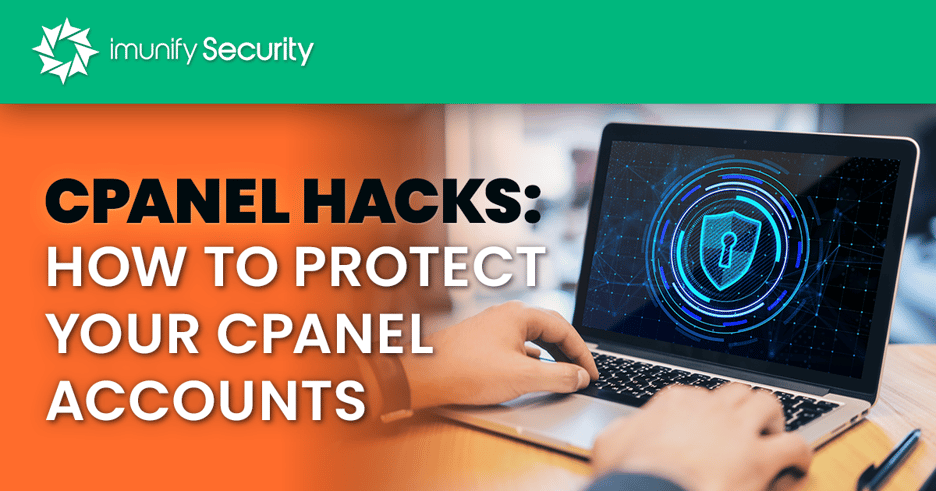
cPanel is the most secure hosting panel on the market, but without proper safety measures and settings, it can be vulnerable to attacks. The article goes over the following important questions:
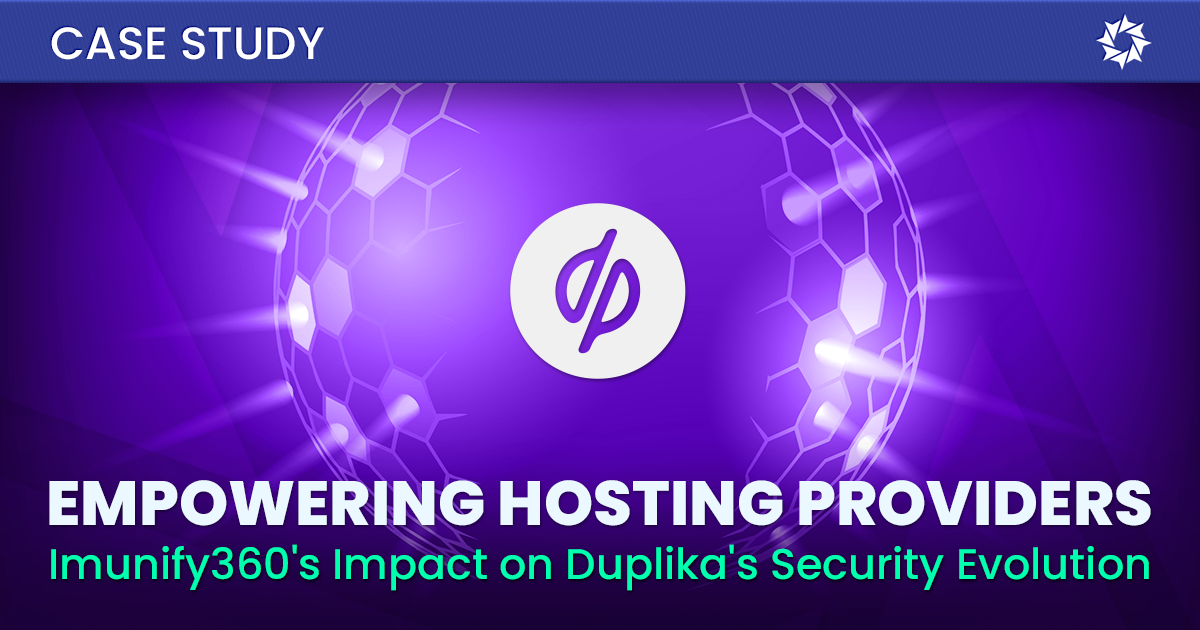
Duplika, an 18-year-old dedicated hosting provider, faced a critical challenge: escalating cyber threats compromising client trust. IP blocks, outdated security measures, and compromised sites threatened their reputation until Imunify360 entered the fray.

We are glad to announce the latest release of Imunify360, introducing a new feature: the ability to add Graylist records. This feature enhances server security control by allowing administrators to manage visitor access more precisely in border cases.
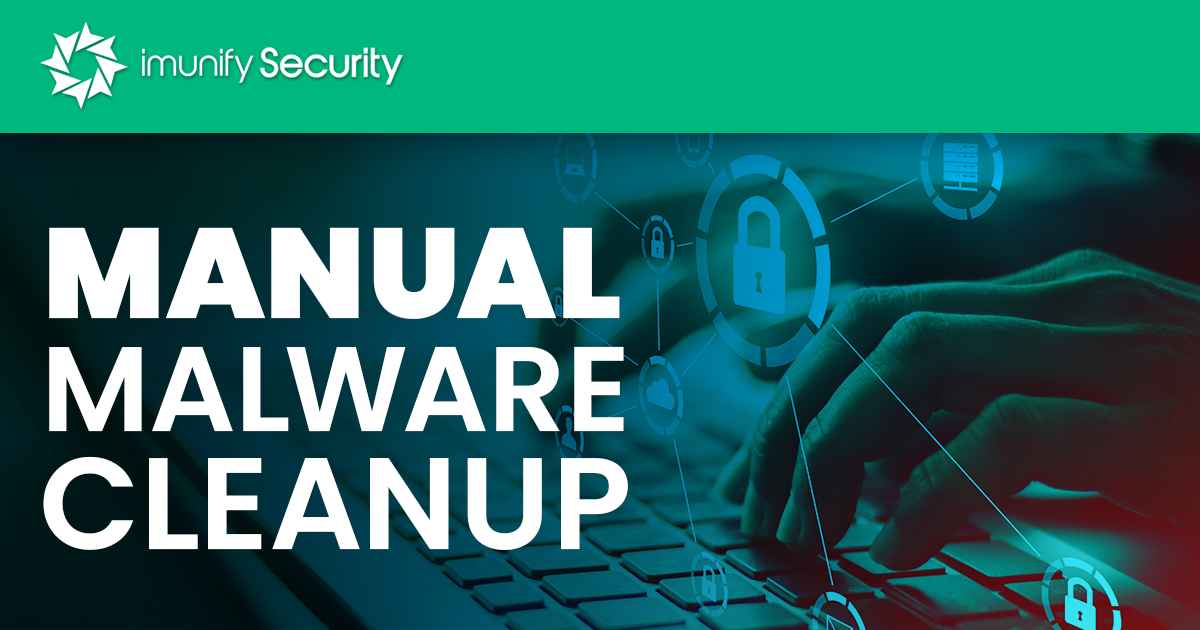 How to clean a website? How to remove malware? In case ImunifyAV, Linux server antivirus, signals about malware that have been found, please find the guidelines for the malware infection cleanup which can be done manually below:
How to clean a website? How to remove malware? In case ImunifyAV, Linux server antivirus, signals about malware that have been found, please find the guidelines for the malware infection cleanup which can be done manually below:

At Imunify, we’re committed to empowering businesses with cutting-edge security solutions. Discover how Snel.com, renowned for being "Your Friendly Hosting Provider" from the Netherlands, revolutionized their server management services with Imunify360.

We’re pleased to announce the support of Debian 12 (Plesk, DirectAdmin, and generic panels, see stand-alone integration) by Imunify products with one important note: Imunify360-firewall required legacy iptables support. To turn it on execute the following commands:

Imunify360 researchers have identified a growing number of malicious redirects on Joomla CMS.
In this post, discover how Imunify360 is leading the charge against a sophisticated cyber threat targeting Joomla CMS. This post delves into the rise of malicious redirects caused by a deceptive fake-plugin, capable of injecting harmful scripts into websites. Learn about the insidious mechanism of this threat, which targets unsuspecting visitors with phishing and malware, and how Imunify360's advanced security measures, including its proactive scanner and comprehensive defense system, offer robust protection against such evolving cyber dangers. Protect your Joomla site with Imunify360's integrated antivirus, firewall, and WAF, ensuring the safety and integrity of your online presence.
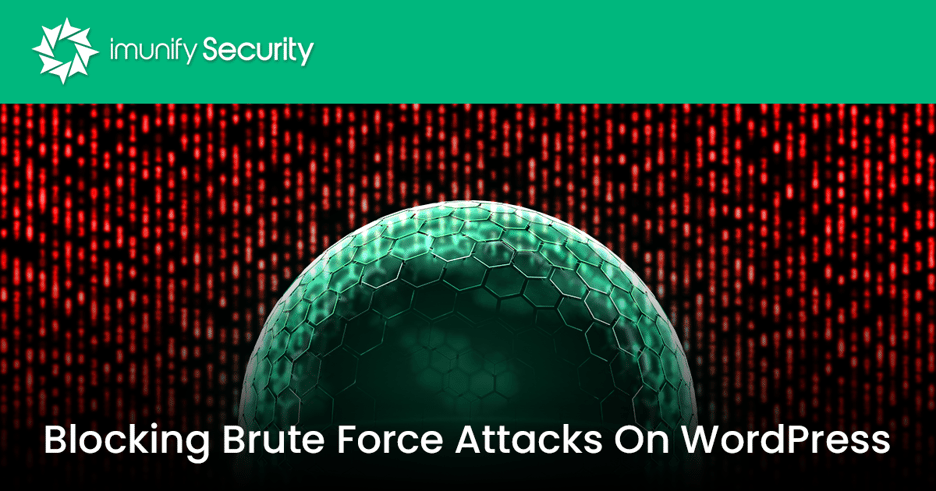
One of the easiest ways to attack a web site is to gain entry through a content management system, such as WordPress. To do this, hackers try to force a login to a site’s WordPress installation using frequently used passwords. These sorts of attacks are known as brute-force attacks. Additionally, read our website hosting security and WordPress Security article and learn how to keep your website secure.

In today's digital landscape, server security is crucial for hosting providers. Cyber threats are rampant, demanding the safeguarding of infrastructure and maintaining trust. XetNET faced escalating cyber threats, overwhelmed IT and security teams, and the risk of reputation damage. Their goals were clear: robust protection, uncompromised performance, real-time monitoring, and seamless integration.
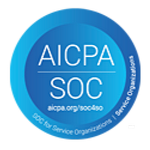
.png?width=115&height=115&name=pci-dss%20(1).png)
